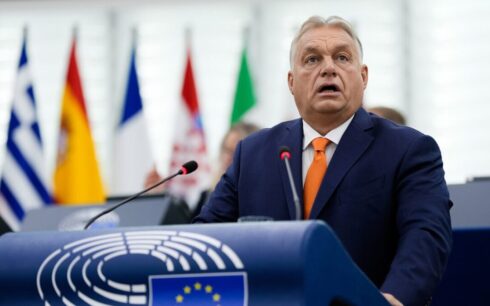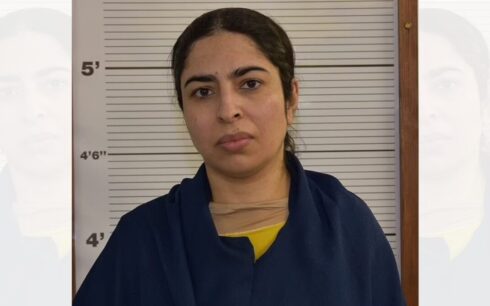Amidst days of mass protests against the Iranian government over the death of a young woman held by the country’s morality police, Iranians experienced a widespread internet blackout on Wednesday.
The move has been taken over security concerns, according to an Iranian official quoted by the Associated Press. The loss of connectivity will make it difficult for organizers of protests to organize their rallies and get connected with each other.
The protests erupted after the death of 22-year-old Mahsa Amini, who was detained for allegedly wearing the mandatory Islamic headscarf too loosely.
Protestors have clashed with police and called for the downfall of the Islamic Republic itself.
The protests continued for a fifth day on Wednesday, including in the capital, Tehran.
Tear gas was used by the police to disperse the protestors who chanted “death to the dictator,” and “I will kill the one who killed my sister.”
NetBlocks, a London-based group that monitors internet access, had earlier reported widespread disruptions to both Instagram and WhatsApp, the Associated Press reported.
Quoted by AP, Facebook parent company Meta, which owns both platforms, said it was aware that Iranians were being denied access to internet services.
“We hope their right to be online will be reinstated quickly,” it said in a statement.
Quoted by local media, Iran’s Telecommunications Minister Isa Zarepour, said on Wednesday that certain restrictions might be imposed “due to security issues,” without elaborating.
Facebook, Telegram, Twitter and YouTube, were already blocked in Iran but many top Iranian officials use public accounts on such platforms.
Many Iranians have overcome the bans by using virtual private networks, VPNs, and proxies.
Iran has grappled with many protests in recent years, mainly over a long-running economic crisis fuelled by Western sanctions linked to its nuclear program.





